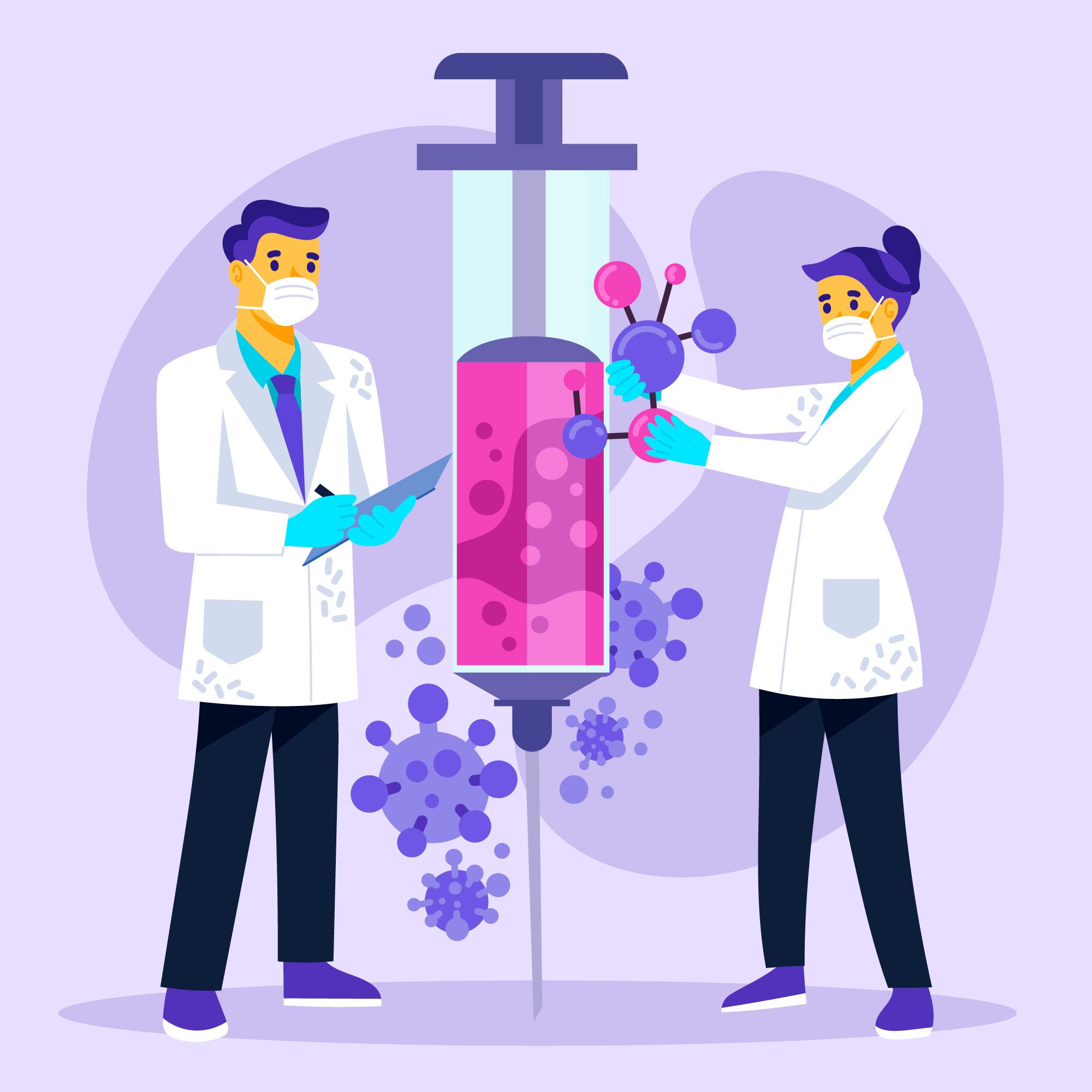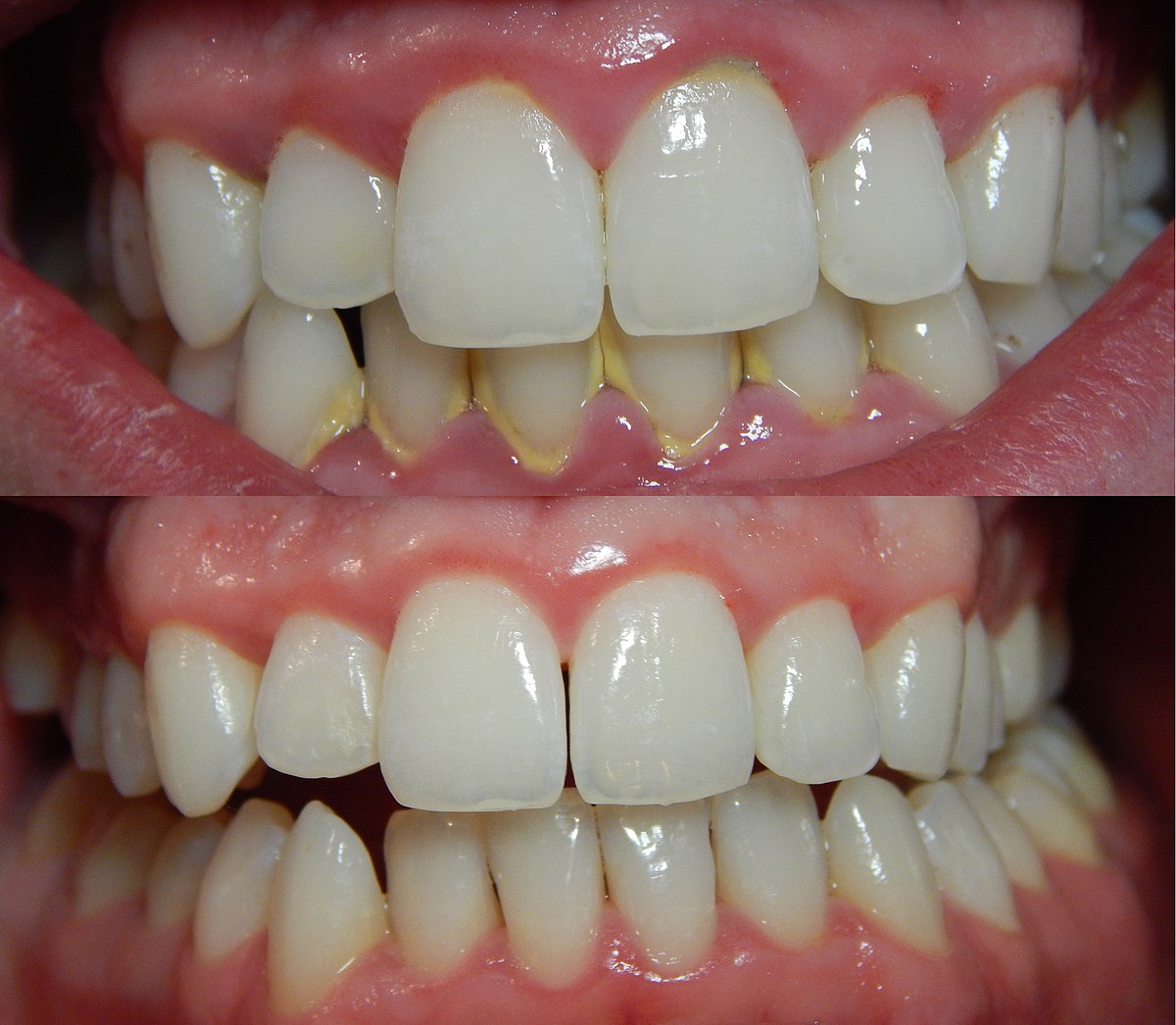Immunotherapy vs. Chemotherapy: Key Differences Explained

Strong 8k brings an ultra-HD IPTV experience to your living room and your pocket.
Introduction
Choosing the right cancer treatment can feel overwhelming. With so many options available, understanding how different therapies work is crucial. Two of the most common treatments—immunotherapy and chemotherapy—take entirely different approaches to fighting cancer.
Chemotherapy uses powerful drugs to attack and kill rapidly dividing cancer cells. Immunotherapy, on the other hand, strengthens the body’s immune system to recognize and destroy cancer cells naturally. The difference between immunotherapy and chemotherapy is more than just their mechanism—it affects everything from side effects to effectiveness.
In this blog, we’ll break down how these treatments work, their effectiveness, possible side effects, and who might benefit most from each option. By the end, you’ll have a clearer understanding of what sets them apart.
How Do These Treatments Work?
Cancer treatment isn’t one-size-fits-all. While chemotherapy and immunotherapy both aim to stop cancer, they go about it in very different ways.
Chemotherapy: Attacking Cancer Cells Directly
Chemotherapy works by using drugs to kill fast-growing cancer cells. These drugs travel through the bloodstream and attack cells that divide rapidly. Because cancer cells grow uncontrollably, chemotherapy can effectively shrink tumors and slow the disease.
However, chemotherapy doesn’t just target cancer. It also affects healthy cells that divide quickly, such as those in the hair, skin, and digestive tract. This is why side effects like hair loss, nausea, and fatigue are common.
Immunotherapy: Helping Your Body Fight Cancer
Immunotherapy takes a different approach. Instead of attacking cancer cells directly, it helps the immune system recognize and destroy them. Some cancers evade detection by the immune system, but immunotherapy boosts the body’s natural defenses to overcome this issue.
There are different types of immunotherapy, including checkpoint inhibitors, monoclonal antibodies, and cancer vaccines. Each type works by enhancing the immune response in a specific way. While immunotherapy doesn’t work for every cancer type, it has shown promising results for certain cancers, such as melanoma and lung cancer.
The Key Difference: Direct Attack vs. Immune Boost
Chemotherapy kills cancer cells outright, while immunotherapy gives your body the tools to fight cancer on its own. This difference affects everything from treatment duration to potential side effects.
Coming up next, we’ll explore how effective each treatment is and which one works best for different cancer types.
Side Effects: What Should You Expect?
Cancer treatments can affect the body in different ways. Both chemotherapy and immunotherapy come with side effects, but their nature and severity can vary.
Common Side Effects of Chemotherapy
Chemotherapy targets rapidly dividing cells, which include both cancer and healthy cells. This leads to several well-known side effects.
Hair loss: Many patients experience hair thinning or complete hair loss.
Nausea and vomiting: Chemotherapy drugs can irritate the digestive system.
Fatigue: The body works hard to recover from the damage caused by the treatment.
Weakened immune system: Chemotherapy reduces white blood cells, increasing infection risks.
These side effects can start within days of treatment and may last for weeks or months. However, not every patient experiences all of them.
Common Side Effects of Immunotherapy
Immunotherapy boosts the immune system, but this can sometimes lead to overactivity. Side effects are different from chemotherapy and often resemble immune reactions.
Inflammation: The immune system may attack healthy organs, causing swelling in the lungs, liver, or intestines.
Flu-like symptoms: Fever, chills, and muscle aches are common.
Skin reactions: Rashes, itching, or redness may appear.
Fatigue: Similar to chemotherapy, but often milder.
Side effects depend on the patient’s response to treatment. Some people have mild reactions, while others need additional care to manage symptoms.
Who Is a Good Candidate for Each Treatment?
Choosing between chemotherapy and immunotherapy depends on several factors. Doctors evaluate the patient’s condition to determine the most effective option.
Factors That Influence Treatment Choice
Cancer type: Some cancers respond better to chemotherapy, while others react well to immunotherapy.
Cancer stage: Advanced cancers may require combination therapy.
Patient health: Underlying conditions influence how well a person tolerates treatment.
When Chemotherapy Is Recommended
Doctors often suggest chemotherapy for aggressive or fast-growing cancers. It works well for cancers like leukemia, lymphoma, and certain breast cancers. Patients who need immediate tumor reduction also benefit from this treatment.
When Immunotherapy Is a Better Option
Immunotherapy works best for cancers that evade the immune system, such as melanoma and lung cancer. Additionally, patients who do not tolerate chemotherapy may have better results with immunotherapy.
Combination Therapy: Using Both Treatments
In some cases, doctors combine chemotherapy and immunotherapy. This approach can improve effectiveness and reduce resistance. Patients with advanced cancers may receive both to increase survival rates.
Ultimately, every patient’s case is unique. Doctors consider multiple factors before deciding on the best approach.
The Cost and Accessibility of Cancer Treatments
Cancer treatment costs vary significantly. Chemotherapy tends to be more affordable because it has been around for decades. Insurance often covers most chemotherapy drugs, making them accessible to more patients. However, the cost depends on the drug type, frequency, and treatment duration.
Immunotherapy, on the other hand, is expensive. Since it involves advanced technology and newer drugs, costs can be significantly higher. Additionally, not all insurance plans cover immunotherapy, making it less accessible for some patients.
Moreover, treatment availability varies by region. Some countries have limited access to immunotherapy due to high costs and regulatory approvals. In contrast, chemotherapy is widely available in hospitals and cancer centers worldwide. Therefore, patients should explore financial aid programs and insurance options to manage treatment costs effectively.
Conclusion
Both chemotherapy and immunotherapy fight cancer, but they work in different ways. Chemotherapy attacks cancer cells directly, while immunotherapy boosts the immune system. Each treatment has unique benefits and side effects, making patient suitability an important factor.
Moreover, doctors continue to refine these treatments through new clinical trials for oncology, improving outcomes for many patients.
If you or a loved one is facing a cancer diagnosis, consult your doctor about available options. Additionally, consider exploring clinical trials for advanced treatments.
Note: IndiBlogHub features both user-submitted and editorial content. We do not verify third-party contributions. Read our Disclaimer and Privacy Policyfor details.







